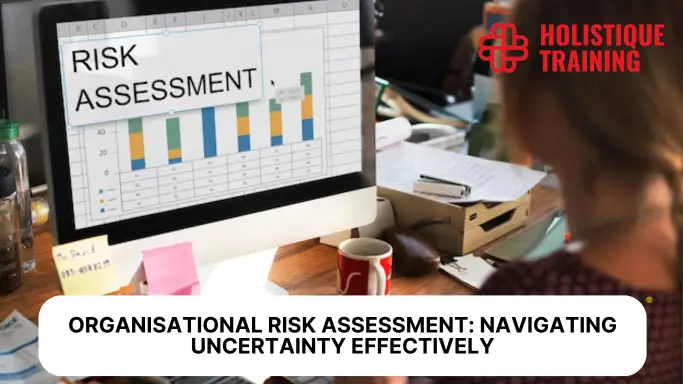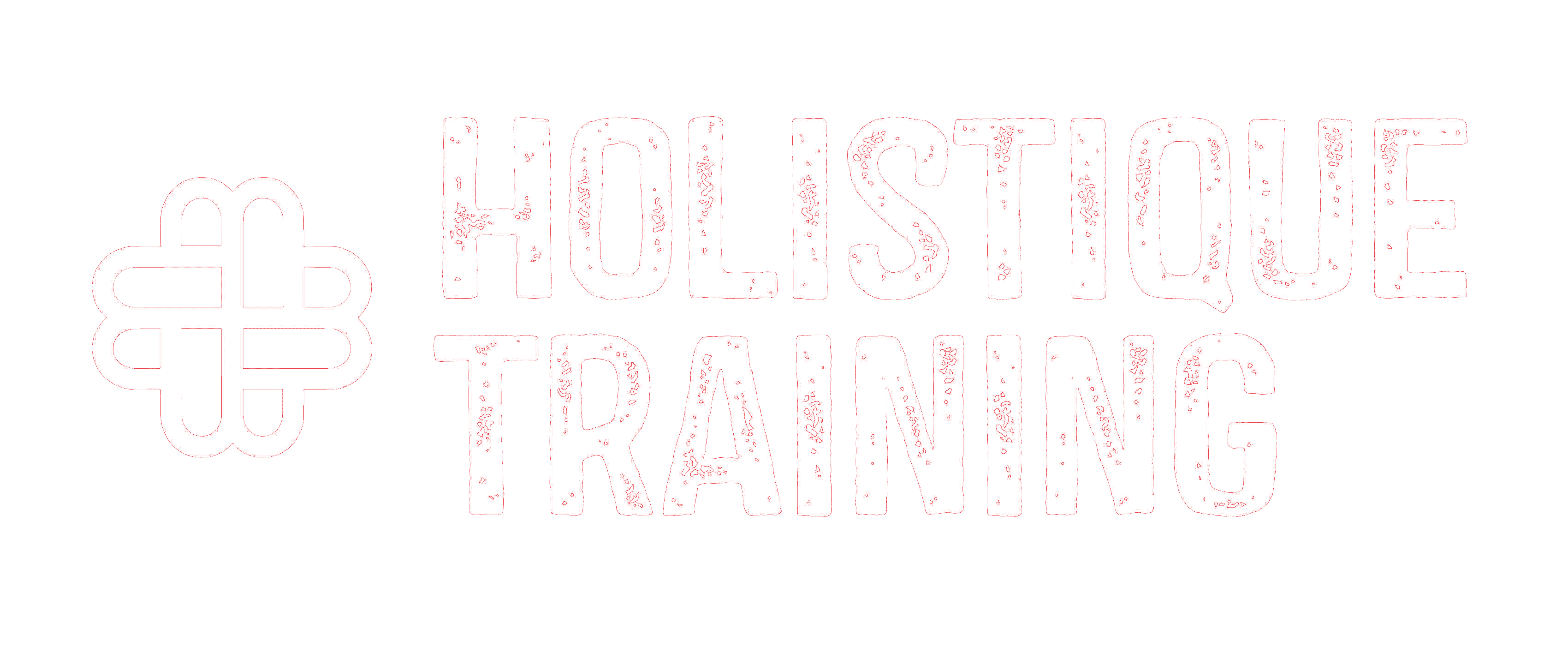Course Summary
Quality improvement is incredibly important for any organisation, but particularly for healthcare organisations that are responsible for managing the health and wellbeing of patients. Healthcare quality improvement focuses on the satisfaction of the patient, and uses various methods, models, and technologies to improve on the services provided.
Quality improvement also stems from the employees themselves. To improve on the care that they are providing, employers must be providing opportunities for healthcare providers to develop their skills and competencies. They also can be encouraged to improve through rewards and incentives that act as a token of appreciation for their dedication.
However, quality improvement can be halted if risks were to occur. Managing risks through identification, classification and preventative measures will better guarantee there will be minimal disruption to the quality improvement process.
During this course, you’ll learn:
- To understand the importance of risk management and quality improvement within healthcare.
- To explore methods and technologies that can improve the healthcare delivery resulting in increasingly satisfied patients.
- To evaluate the strengths and weaknesses of quality improvement methods and strategies the implementation of the most ideal options.
- To provide opportunities for training and further accreditation for employees to improve their competencies.
- To conduct risk and hazard assessments to identify all potential risks within the healthcare organisation.
- To create a risk management plan detailing preventative measures and corrective actions for all risks.
This course is designed for anyone within a healthcare organisation that is responsible for managing risks and improving quality. It would be most beneficial for:
- Operations Managers
- Risk Analysts
- Risk Managers
- Quality Assurance Managers
- Hospital Directors
- Pharmaceutical Directors
- Senior Executives
This course uses a variety of adult learning styles to aid full understanding and comprehension. Participants will review real-world documents from established organisations regarding quality improvement processes to highlight what methods have led to increased quality and patient satisfaction.
They will participate in a variety of learning methods and exercises, including seminars, video materials, and role-playing activities. This combination of learning methods will guarantee that the participants will be able to fully develop their knowledge of the taught content, and the group activities will grant them the opportunity to demonstrate the related practical skills.
Course Content & Outline
Section 1: Introduction to Quality Improvement
- Defining what quality improvement is within healthcare and its necessity for patient care and satisfaction.
- Identifying the basic principles of quality management and how these apply throughout the organisation.
- The process of monitoring and improving clinical performance – innovation, planning, strategy, implementation.
- Investigating Donabedian’s guidelines for healthcare quality development.
- Planning for quality improvement and outcomes using Donabedian’s model.
Section 2: The Biopsychosocial Approach
- Understanding what the biopsychosocial approach is and how it is ideal for healthcare organisations.
- Explaining the 5 principles of the biopsychosocial approach.
- Building positive relationships with patients to understand their background and circumstances which may influence the care they need to receive.
- Communicating directly with patients regarding their treatments and providing knowledge of their situation.
- Improving quality through personal connection.
Section 3: Quality Team Management
- Establishing teams of varying competencies, knowledge, skills, and experience.
- Delegating tasks to those most suitable according to strengths and weaknesses.
- Providing opportunities for coaching, training, and additional accreditation to employees to improve overall performance.
- Offering rewards and incentives for outstanding work and performance.
- Reducing stress of employees through various methods.
Section 4: Quality and Performance Improvement
- Utilising various methods and tools to measure and monitor performance.
- Measuring performance and quality through patient satisfaction and humanity.
- Creating quantitative surveys using the eleven stages of quantitative survey design.
- Implementing innovative technologies to reduce tedious administrative tasks such as check-in.
- Using electronic record keeping systems to ensure data security and ease of accessibility for necessary personnel.
Section 5: Risk Management
- How risks can negatively impact quality improvement.
- Comparing the difference between hazard and risk and why it is vital to manage both.
- Conducting risk and hazard assessments to identify all probable risks within the organisation.
- Analyse risk data to create risk management plans detailing risk classification, probabilities, preventative measures, and corrective actions.
- Utilising risk and crisis management strategies to minimise problems before they impact quality.
Certificate Description
Upon successful completion of this training course, delegates will be awarded a Holistique Training Certificate of Completion. For those who attend and complete the online training course, a Holistique Training e-Certificate will be provided.
Holistique Training Certificates are accredited by the British Accreditation Council (BAC) and The CPD Certification Service (CPD), and are certified under ISO 9001, ISO 21001, and ISO 29993 standards.
CPD credits for this course are granted by our Certificates and will be reflected on the Holistique Training Certificate of Completion. In accordance with the standards of The CPD Certification Service, one CPD credit is awarded per hour of course attendance. A maximum of 50 CPD credits can be claimed for any single course we currently offer.












